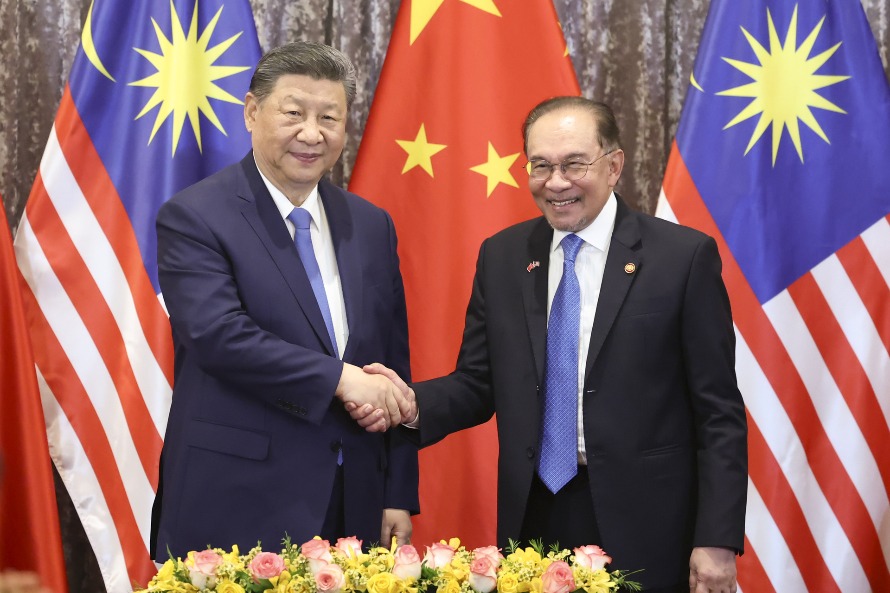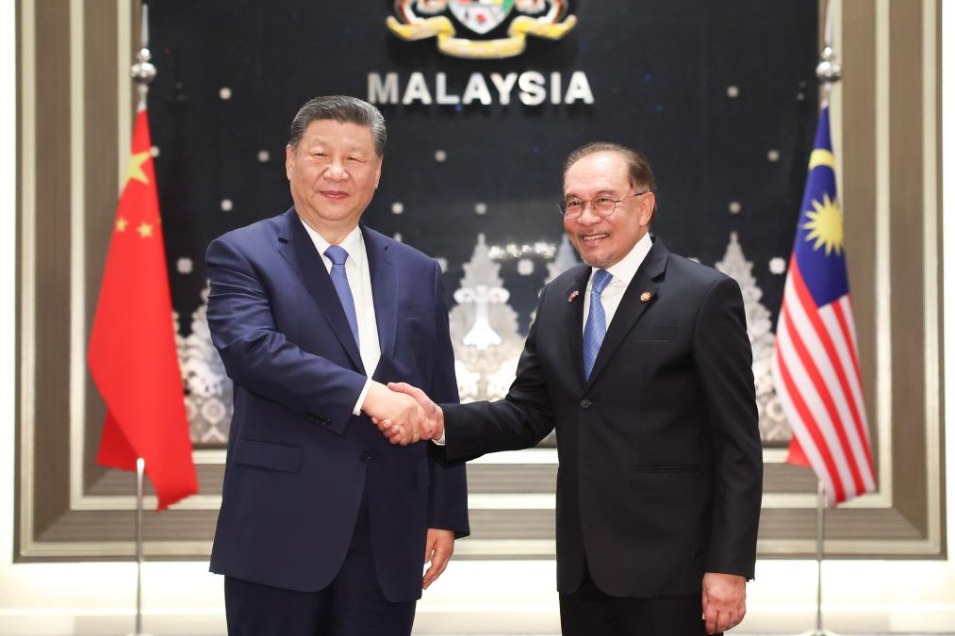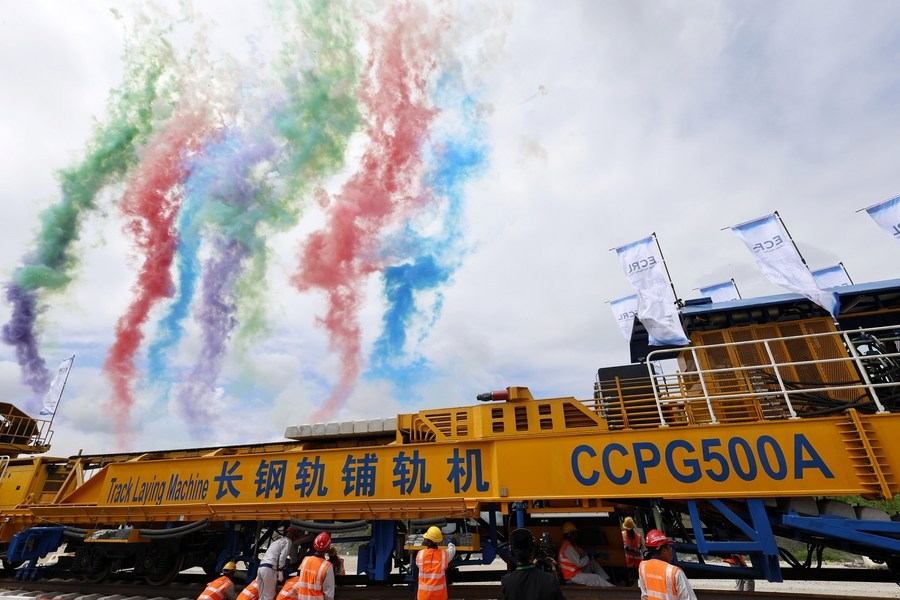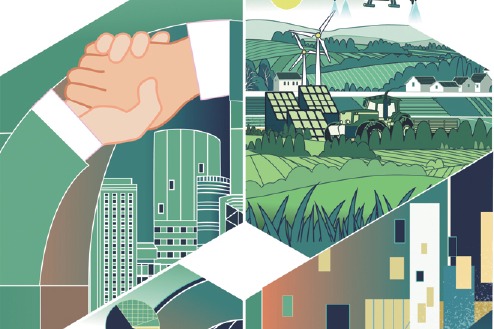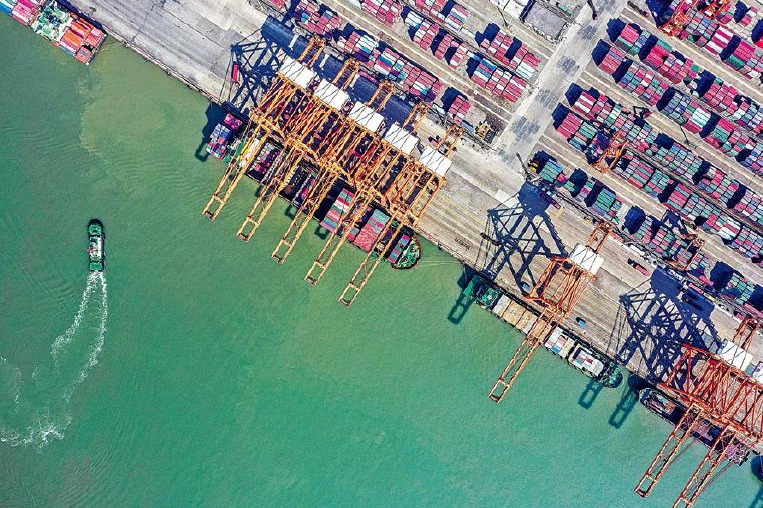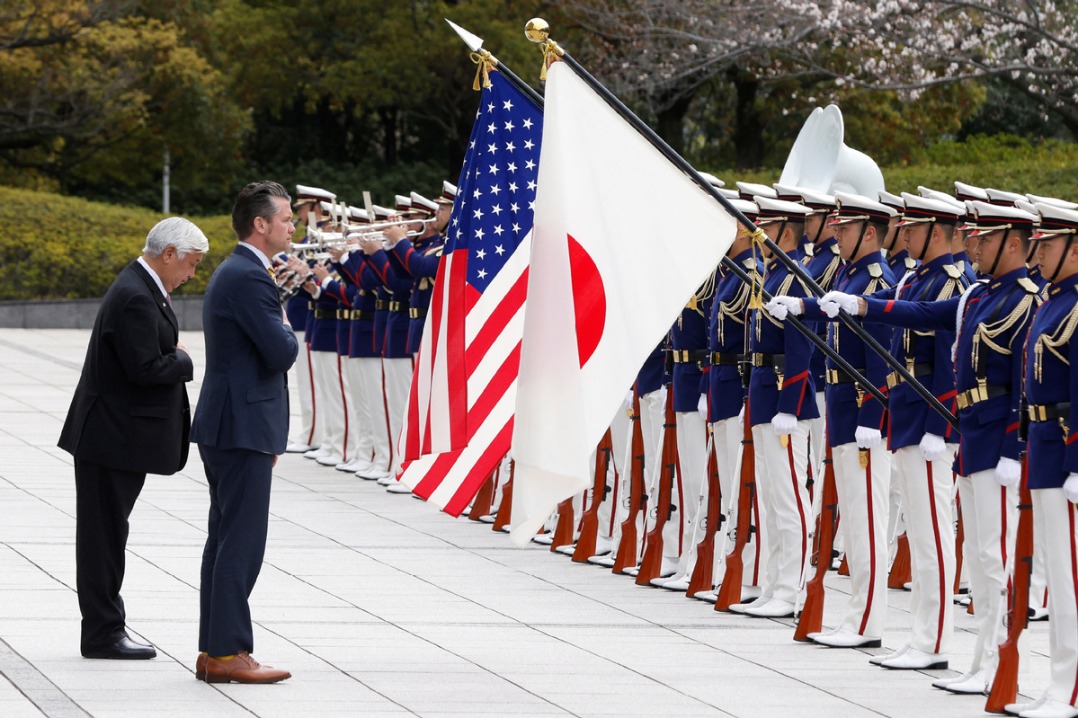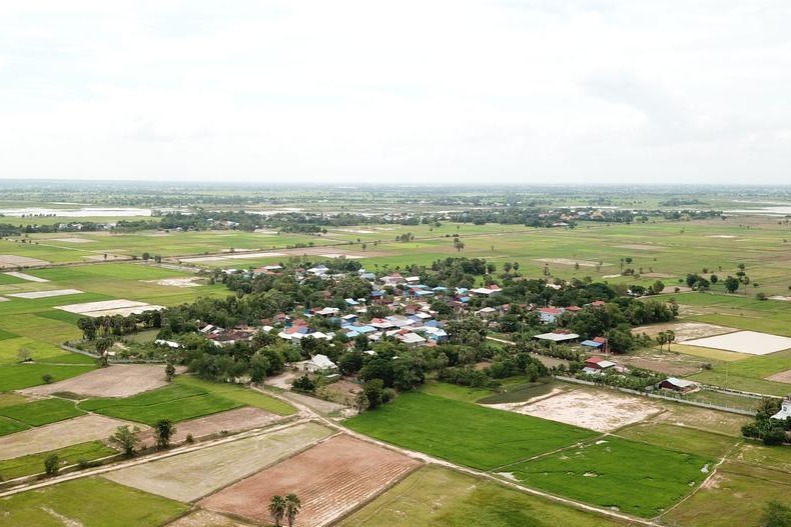China's resilient diplomacy: Navigating crisis, fostering cooperation


China has emerged as a bulwark for global stability, standing firm amid brewing conflicts and mediating crises on multiple fronts with a proactive engagement that has been pivotal in pushing forward dialogue. China mediated a peace deal between Saudi Arabia and Iran and positioned itself as a mediator in other conflicts such as Ukraine dispute and Israel-Palestine.
Furthermore, China proactively engaged with the West. China sought collaboration over confrontation through high-level summits with the US and other nations. Simultaneously, it fostered regional alliances, expanding collaborative forums such as BRICS and fostering development through the Belt and Road Forum.
Recently, during the Imperial Springs International Forum in Guangzhou, Danilo Türk, former president of Slovenia and president of World Leadership Alliance-Club de Madrid, highlighted China's proactive and impactful diplomatic achievements. Türk commended China's nuanced approach to the Ukraine crisis, noting its foundational framework aimed at gradually fostering a resolution. He emphasized China's pivotal role in facilitating discussions between Iran and Saudi Arabia. He also acknowledged China's crucial steps in the United Nations Security Council and expressed confidence in China's diplomatic pathways.
If we review this year, one of the highlights was its role in mediating the Saudi Arabia-Iran relationship. This development indicates and highlights a few fundamental aspects. First, China has emerged as the sole power with regional influence and the ability to mediate between the rivals. Second, it has somehow overshadowed the presence and role of the United States in the region, highlighting the emerging world as multipolar. Third, isolationist policies no longer bring peace and prosperity; instead, regionalism and regional cooperation are the only way toward sustainable development and peace for all. This advancement also signifies the end of American influence in the Middle East. It puts the US in the backyard, as this region was where the US had long been dominant in geopolitics.
Furthermore, in November, the summit in San Francisco between the Chinese and US leaders conveyed a crucial message that the world's top economies and most powerful nations can handle their differences while seeking chances for cooperation. Throughout 2023, China remained committed to mediating conflicts and maintaining influence, evidenced by the high-profile meetings between Chinese and US officials.
Moreover, the recent emphasis on closer ties between China and Vietnam underscores a strategic shift in regional diplomacy. A stronger China-Vietnam partnership signifies a concentrated effort toward fostering bilateral relations. This move is significant, particularly in light of the broader global context, where major powers such as the United States, as evidenced by President Joe Biden's visit to Hanoi earlier in the year, are actively engaging in the region. These visits reflect the intricate balance of power and strategic alliances being navigated in Southeast Asia, reaffirming the pivotal role of diplomatic initiatives and partnerships in addressing regional disputes and fostering stability in a complex geopolitical landscape.
The global environment has changed. There is no single power to dominate the world order; many economies are emerging and paving their way toward multipolarity. Moreover, the indication of a rising multipolar world connected through regionalism is the way forward for all countries. Protectionist and isolationist policies are no longer in demand. Security, development, peace, and the future are all connected and shared, as repeatedly advocated by China.
In the face of global turmoil and conflicts, global powers must enhance their diplomatic capabilities and prioritize dialogue over confrontation. Moreover, despite facing domestic economic challenges, China continued its global engagement in foreign affairs. China was not merely active but notably successful. While some issues remain unresolved, swift conclusions aren't the norm in diplomacy.
Persistence remains essential. But we can hope that the pathways adopted by China, though not yet definitive, are robust, promising, and conducive to eventual success. The year 2023 undoubtedly underscores China's multifaceted role as a champion of peace, stability, and cooperation on the global stage.
Mariam Shah is a PhD scholar and independent researcher in peace and conflict studies. The views do not necessarily reflect those of China Daily.
If you have a specific expertise, or would like to share your thought about our stories, then send us your writings at opinion@chinadaily.com.cn, and comment@chinadaily.com.cn.
















